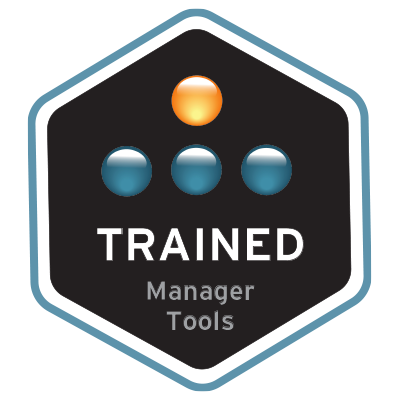![]()


in
Forums
All,
I've recently been promoted to Vice President at my company and while I'm elated, I'm also anxious about my new corporate level goals and responsibilities.
I'm a High D, High C, very operationally focused. I realize that as I move into new areas of management (to me), that my focus will shift away from day to day, however, some of my goals are so high level, I'm uncertain how to approach them.
As an example, I have a goal this year to "Grow the business." My boss (and owner of the company) shared that he knows this is rather subjective. He's not concerned, but I am! I have a wonderful habit of placing unrealistic expectations on myself. We're a ~$30M/year company. Is a 15% target unrealistic? Given our company does government contracting, and there are a number of vehicles to growing the business, how do I fit (or segregate) my work on growing the business from others? Or do I need to?
Additionally, I've been tasked with working to improve and make more efficient corporate policies and processes. I'm a little more comfortable here as it feeds into my comfort zone, however, I'm going to have to rein in my High C so I don't metric everyone to death. Has anyone ever tackled something like this and if so, where did you start? Problem areas? Easy wins?
I appreciate any and all feedback.
Sincerely,
Aaron



I think your second goal can
I think your second goal can significantly feed into the first, especially since you are operationally focused.
One way to grow the business would be to streamline processes so that people can run projects more efficiently. I'm sure in the Gorvernment contracting world, there is a ton of red tape that bogs people and projects down, and a lot of that is there for a reason. But some of it probably could be eliminated or adjusted. Could some of the more time consuming things be automated? Are there bottlenecks that cause delays in delivery? Are the current processes so confusing that there are a lot of missteps? The more efficiently you can run, the lower your overhead and project budgets are going to get. The more predictably you can run, the more accurately you can estimate and plan your work. That could mean you win more contracts because your estimates are lower, or that you can deliver the contracts you have with less people, or you win repeat business because you are building trust with your customers. Any of those avenues would have an impact on the bottom line, right?
Whatever changes you implement, make sure you have an accurate way to measure their effect. Just because the business is up 15% at the end of the year, doesn't mean it's a direct result of changes you've made.